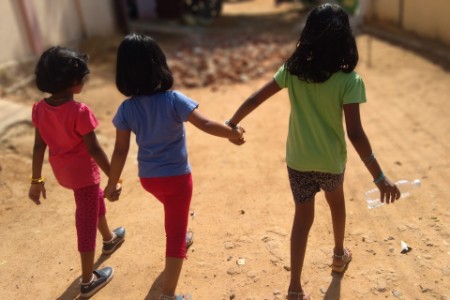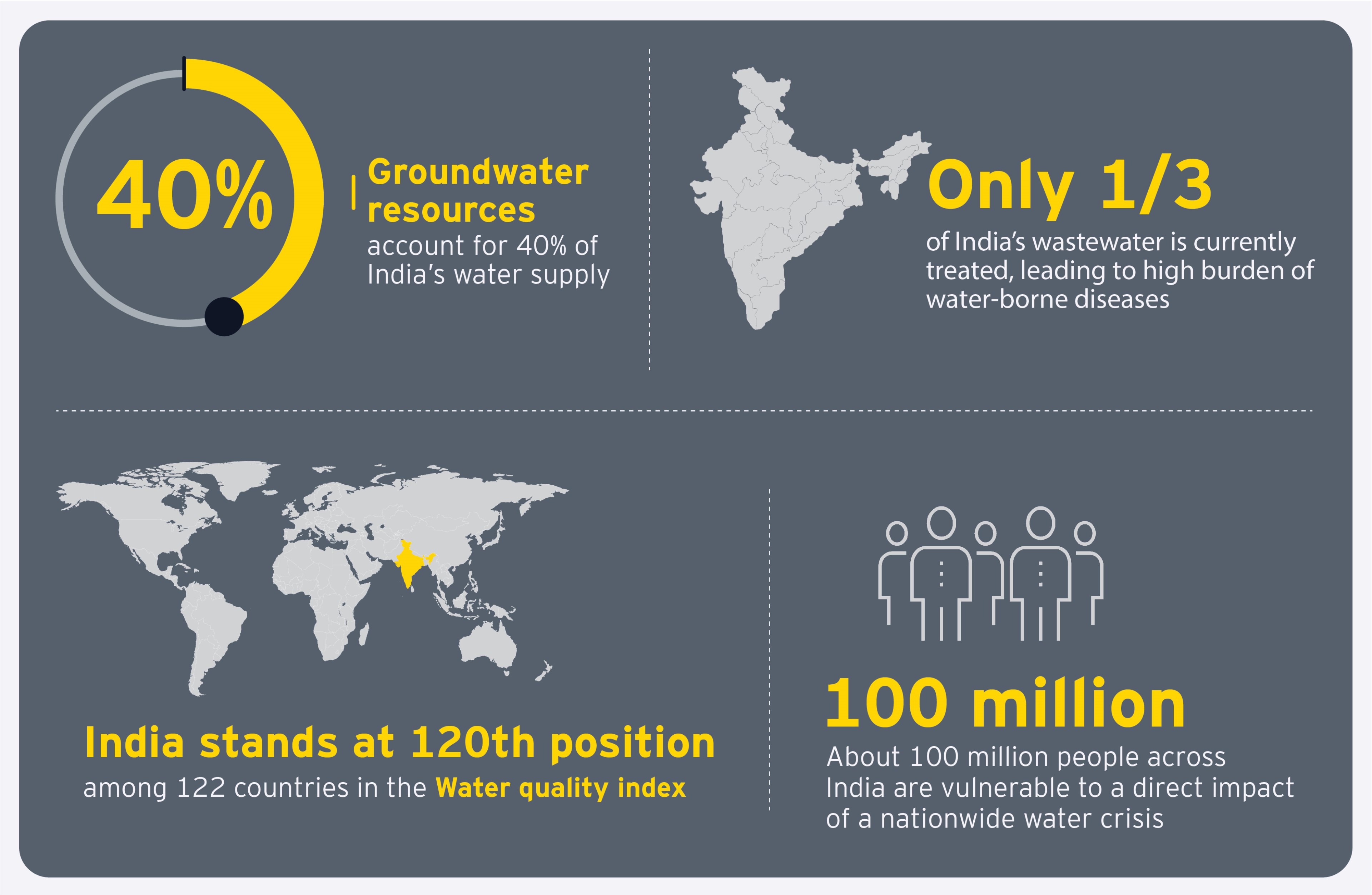In collaboration with implementation agencies, EY Foundation is not only helping build rainwater harvesting infrastructure in the schools but is also ensuring availability of safe drinking water and adequate functional toilets, especially for girls. Further, students are taught hygiene awareness and practices and trained in the right usage of facilities. Simultaneously, school authorities are trained in managing the renovated facilities on an on-going basis.
By conserving and reusing available water, we can make significant progress toward mitigating the water crisis in the country. Through this initiative, EY Foundation aims to contribute toward addressing a looming environmental challenge by involving children to learn the right behaviors related to water, sanitation and hygiene and to take the message to their homes and communities. In the long run, we believe that this will help improve their health and learning outcomes.
According to UNICEF, children who learn about safe water, sanitation and hygiene habits at school can reinforce positive life-long behaviors in their homes and their communities.
The pilot, launched in early 2020, spans nine cities including Hyderabad, Bangalore, Chennai, Kolkata, Pune and Mumbai. The Foundation aims to expand the project to 70 to 100 schools every year to create a potential of harvesting 40 to 50 million litre of rainwater every intervention year.



